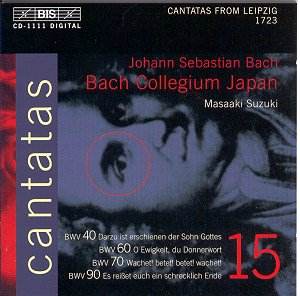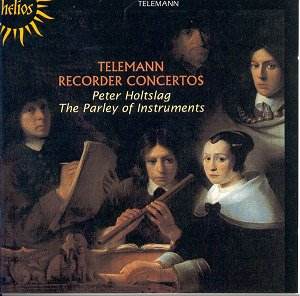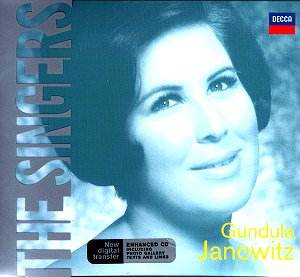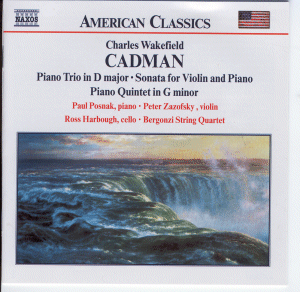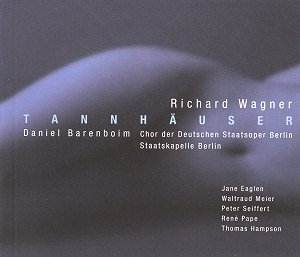 Composer: Richard Wagner
Composer: Richard Wagner
Works: Tannhäuser
Performers: Peter Seiffert (tenor) – Tannhäuser, Jane Eaglen (soprano) – Elisabeth, Thomas Hampson (baritone) – Wolfram, Waltraud Meier (soprano) – Venus, René Pape (bass) – Hermann, Gunnar Gudbjörnsson (tenor) – Walther, Hanno Müller-Brachmann (bass) – Biterolf, Stephan Rägamer (tenor) – Heinrich, Alfred Reiter (bass) – Reinmar, Dorthe Röschmann (soprano) – Shepherd, Staatsopernchor Berlin, Staatskapelle Berlin/Daniel Barenboim
Recording: June 2001, NLG Berlin
Label: TELDEC 8573 88064 2 [3CDs: 66.38+71.50+56.14]
Wagner’s Tannhäuser, composed in the mid-19th century, stands as a pivotal work in the composer’s oeuvre, marking his transition towards a more sophisticated and emotional approach to opera. The mythic tale of the knight caught between the realms of sacred and profane love reflects Wagner’s artistic evolution during a time when he was increasingly drawn to medieval themes. This new recording under Daniel Barenboim, based primarily on the Dresden version yet incorporating elements from the later Paris revision, highlights the opera’s rich tapestry of musical and dramatic contrasts.
Barenboim’s interpretation of Tannhäuser is robust and nuanced, establishing a compelling dramatic flow that is pivotal in Wagner’s intent to avoid mere operatic set pieces. The conducting displays a keen understanding of the score’s architectural demands, ensuring that each act unfolds with an organic sense of urgency. His choice to linger in moments of introspection, while occasionally leading to a slower pace, allows for a depth of emotion that resonates in the more reflective sections of the opera. However, this approach can be a double-edged sword, as illustrated in Wolfram’s Evening Star aria, where Hampson’s exemplary vocal delivery momentarily distracts from the somewhat lethargic pacing that risks dulling its inherent beauty.
The orchestral performance by the Staatskapelle Berlin is noteworthy, achieving a balance between grandeur and intimacy that is often elusive in Wagnerian recordings. The engineers at Teldec deserve commendation for their ability to capture this dynamic range, producing a sound that allows the listener to appreciate both the orchestral opulence and the delicate interplay between the singers and their instrumental counterparts. The overture is particularly striking, encapsulating the essence of Wagner’s innovative harmonic language and thematic development, setting a high standard for the ensuing acts.
The cast assembled for this recording is formidable. Peter Seiffert, as Tannhäuser, brings both linguistic clarity and a dramatic intensity to the role, effectively conveying the internal conflict that defines his character. While he may lack the warm timbre of contemporaries like Plácido Domingo, his confident interpretation and commitment to the text provide a compelling portrayal. Jane Eaglen’s Elisabeth is marked by a certain fervor, although her vibrancy sometimes teeters on the edge of over-exuberance, particularly in more demanding passages. Waltraud Meier’s Venus offers a seductive interpretative layer, complementing the dichotomy of desire and redemption that permeates the opera. René Pape’s portrayal of Hermann showcases Wagner’s superb writing for the bass voice, bringing a lyrical quality that is both rich and deeply expressive.
As a recording, this Tannhäuser cannot be viewed in isolation. It stands alongside esteemed interpretations by Haitink, Solti, and Sinopoli, each offering unique insights into Wagner’s complex score. While Barenboim does not eclipse these previous renditions, his version holds its own with an authoritative grasp of the work’s dramatic and musical intricacies. For those seeking a balanced representation of Tannhäuser, this recording serves as a valuable addition to the canon.
The result is a performance that, while not without its moments of hesitation, captures the essence of Wagner’s vision with sincerity and depth. The new Barenboim set emerges not just as a reliable interpretation but as an engaging exploration of one of opera’s most intriguing narratives, confirming Tannhäuser’s enduring status as a masterpiece.
